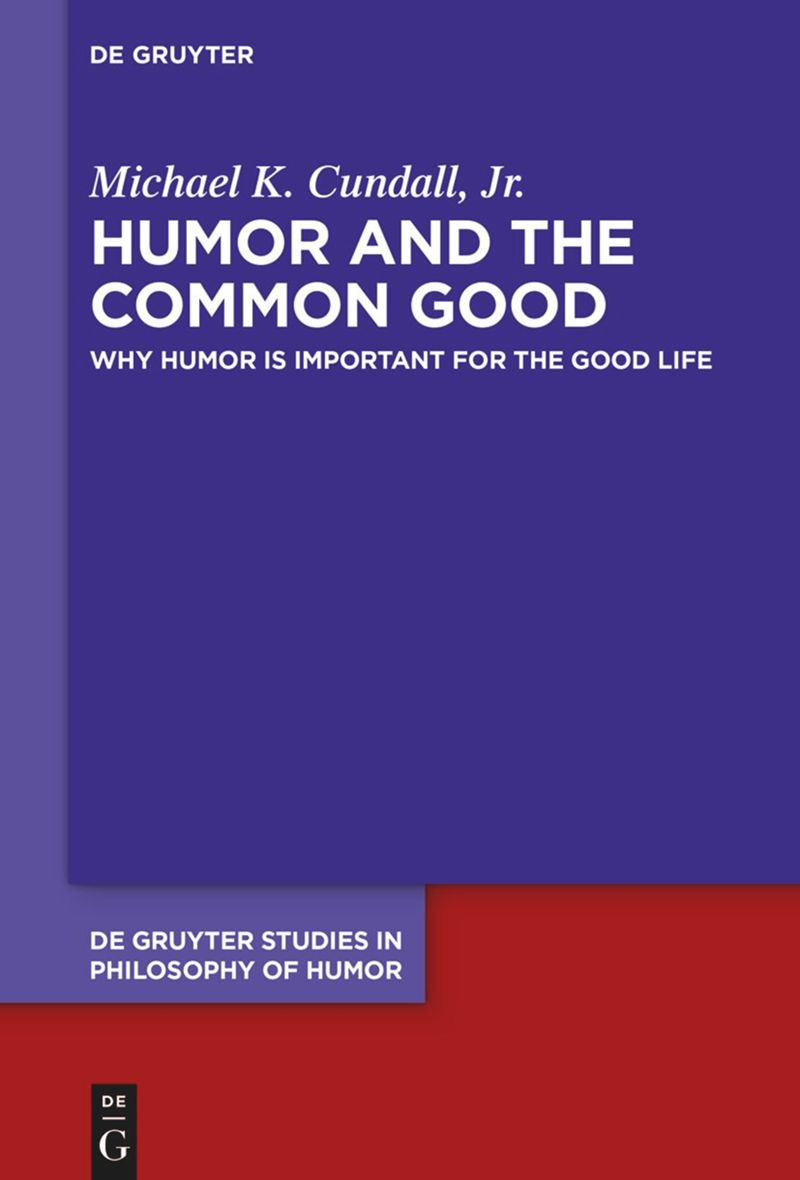Hello readers,
Just over two weeks ago, my most recent book, “Humor and the Common Good” published. You can find a link to it here. Through October 31st, you can use the following code to get 35% off the book DCBCONFC. It’s still an expensive book, but academic publishing is very much that way now. Below is an excerpt from the book. Enjoy. BTW, I may make like 12 cents from each sale, so clearly a retirement plan for me.
While it is often the case that the common good deals with grand issues like public education, health care access, economic insecurity, and rightly so, in thinking of the common good in ways like this, we forget important ways in which the common good manifests itself in our lives. When we share the room with others at a comedy show and laugh, when we make the jokes and cut-up as we often do at our jobs, or in our organizations, or when we go out to the local festival and indulge in some revelry, so often fueled by laughter, a little drink, and most importantly mirth, we are creating and reinforcing the basic connections that allow us to get together as individuals and work towards a societal common good. Without these basic levels of fraternity, discussions about if we should fund a public park aren’t likely to happen and if they do, much more difficult. Groups that view each other with suspicion, with whom no laughter or humor is shared, when the only laughs to be found are when the one group laughs at the other, is not a social structure conducive to pursuing a common good. It’s a society that is deeply fractured, and one where any political action is nearly impossible. A situation reminiscent of modern politics in many societies, especially the modern United States.
This book has as its fundamental goal to argue that humor, laughter, and mirth are common goods. They may not build a bridge across the Ohio River, pave a road, or fund a community center. But humor and the sharing of it, are important parts of what allow us to build bridges between one another and work towards the creation of a new public library, or address an issue that threatens a community. That humor is not something that most theorists or even non-experts would think as part of the important part of discussions of justice or the common good is short sighted for reasons that will come in later chapters. But I want to use this exploration of the common good and how humor can and is properly thought of as a common good to expand how we understand that important social concept.





Congratulations! I’m looking forward to learning more about this. And grateful for all the good work you do.
Congrats! That’s a great accomplishment!